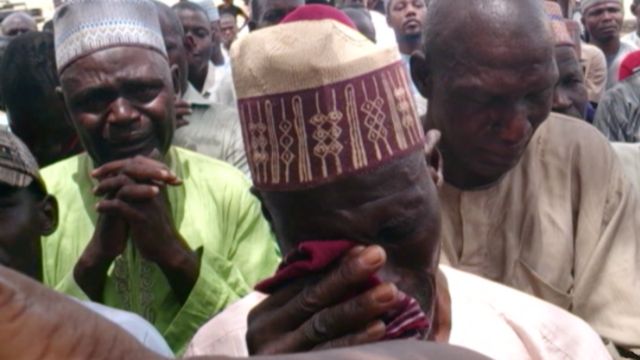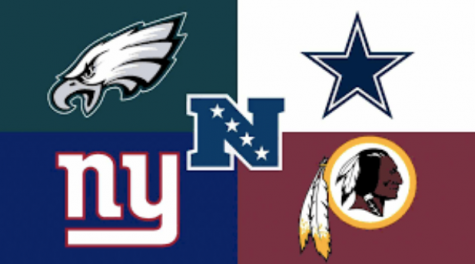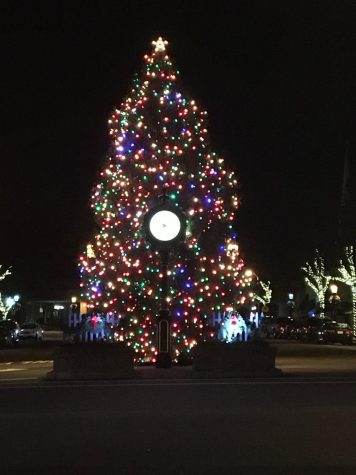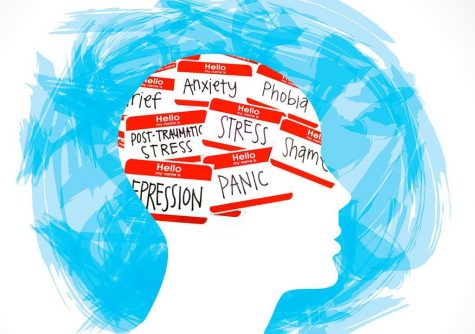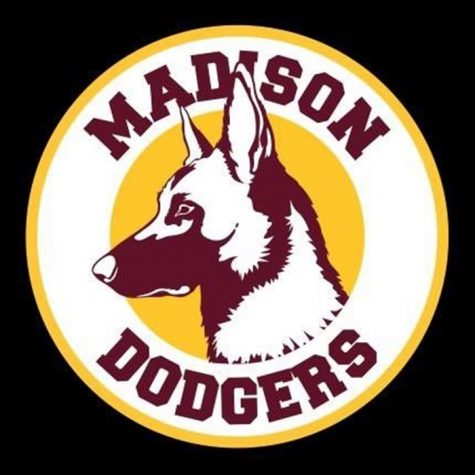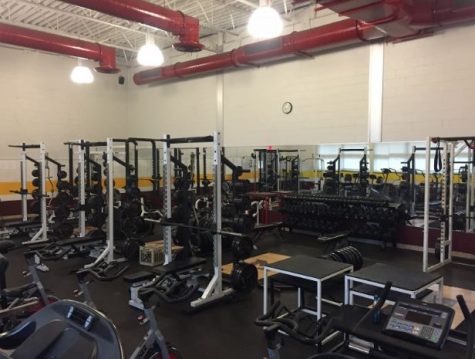Je Suis…Baga?
The parents of the Chibok schoolgirls kidnapped by Boko Haram in 2014, an attack to which Baga has been compared.
On January 3rd, the town of Baga in northeastern Nigeria’s Borno State was raided by the Islamist group Boko Haram, who torched homes and killed up to 2,000 people. The attack has been described as Nigeria’s worst by Amnesty International, who recently released before and after satellite images of the town. The destruction is incomprehensible; whole neighborhoods were destroyed and piles of rubble and ash line the dirt streets of the town as do bodies, but the Nigerian government has all but given up counting them. Their official report put the death toll at 150 despite the assertions of 2,000 victims. The refugee count in Chad has already reached 7,000. The attack puts Borno State officially in Boko Haram’s control, elevating its status from guerilla Islamist group to near de facto state in the fashion of ISIS.
The Baga attack is undoubtedly the worst ever committed by Boko Haram, but much of the news surrounding it has been in the public’s response. A noticeable lack of Baga reporting in the wake of the Charlie Hebdo attack has resulted in public outcry, with many taking to Twitter with the hashtag #JeSuisBaga and the more overt #BokoHaramKilled2000People. Why did news outlets neglect to report on Baga? The more outraged critics attribute it to racism and eurocentrism, claiming once again the hashtag #BlackLivesMatter and blaming the media silence on the West’s sympathy for Europeans and the stereotype of Africa as war-torn and accustomed to violence of this scale. The Daily Maverick’s Simon Allison said, “It may be the 21st century, but African lives are still deemed less newsworthy – and, by implication, less valuable – than western lives.” Social media attention recalls the kidnapping of more than 200 schoolgirls in Chibok, with the once ubiquitous hashtag #BringBackOurGirls that has since faded. Most of the schoolgirls are still missing.
Others blame the lack of media presence in Nigeria; the remote Baga is simply too far and too deep into Boko Haram territory for journalists to go there safely. Because of this, there are few photos of the Baga destruction, whereas the attack in Paris has been supplemented with photos, video, and a highly publicized unity march. Charlie Hebdo is simply the sexier story, with enough sensationalism to keep media attention for weeks.
It is important that, when dealing with tragedy, we do not compare our misfortunes. Death toll does not make one monstrosity worse than another; it is the simple premature loss of life that warrants the grief and mourning that accompanies tragedy. Baga is not worse than Charlie Hebdo, just as Charlie Hebdo is not worse than Baga. In a time, however, of great loss and overwhelming fear, it is important that we recognize Baga’s victims in the same way we recognize Paris’s.
Sources:
http://www.unhcr.org/54afb6dc9.html
http://www.theguardian.com/world/2015/jan/12/-sp-boko-haram-attacks-nigeria-baga-ignored-media
http://www.huffingtonpost.com/jumoke-balogun/baga-attack_b_6471254.html
